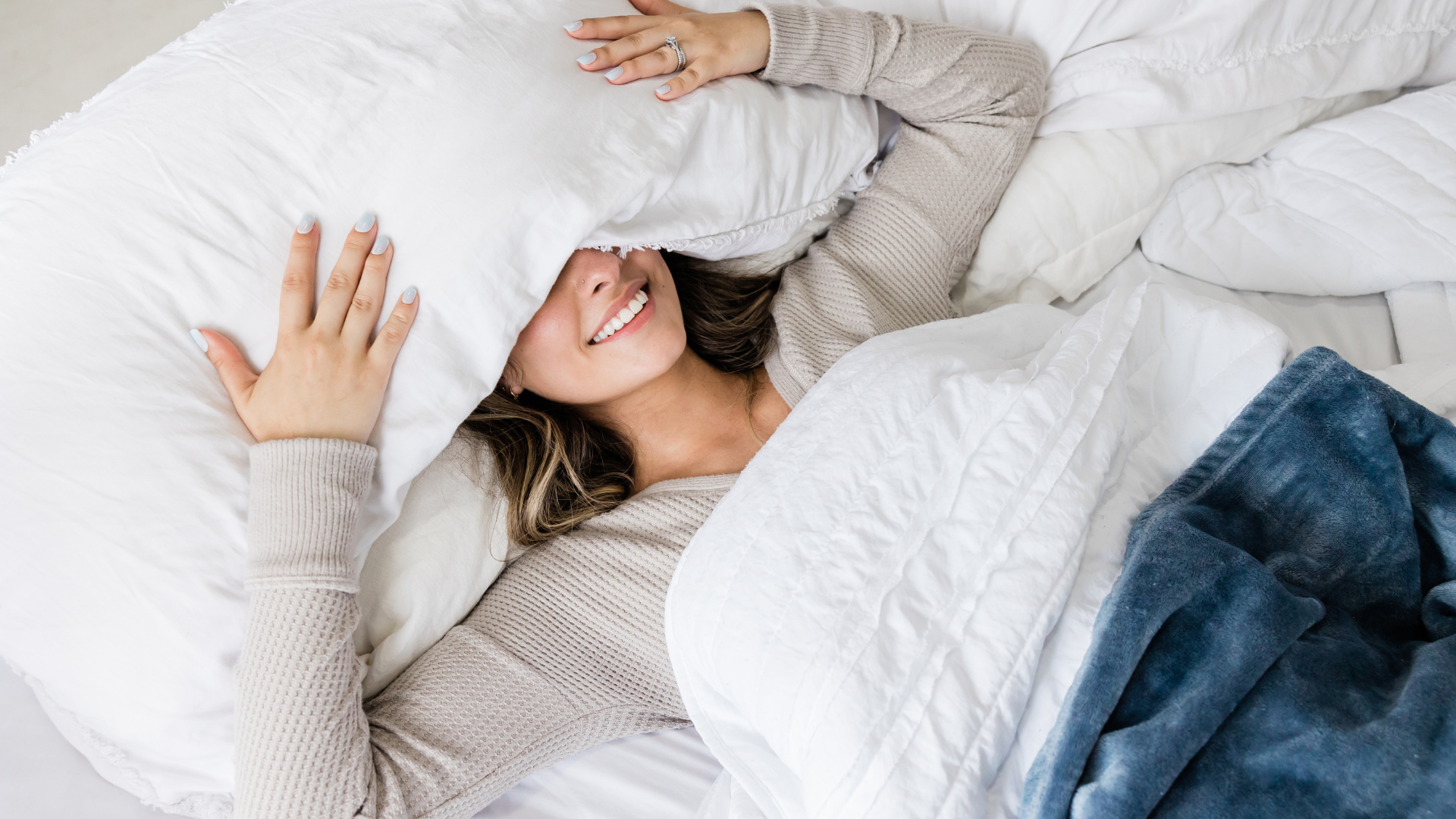One of the most important things we do in life is sleep. We need to sleep to recharge and rest our brains. To ensure that when we get those precious zzz’s, we aren’t running around like crazy, in this article, we will explore why and how sleep affects our health.
What Happens During Sleep?
During sleep, the body goes through some physiological changes. The brain decreases its activity and the heart rate decreases. Blood flow to the skin is decreased, which helps reduce inflammation.
The immune system is lowered, and cortisol levels are decreased. These changes help to reduce stress levels and promote healing.
The Link Between Sleep and Mental Health
Sleep is essential for both mental and physical health. A study published in the journal Sleep found that people who get less than six hours of sleep a night are more likely to have problems with their moods, concentration, and memory.
One reason why sleep is so important is that it allows the body to repair itself. When we are tired, our bodies release growth hormones that help us rebuild muscles, joints, and other tissues.
In addition to helping us recover from injury or illness, good sleep also helps the brain function better. The prefrontal cortex, responsible for tasks like planning and problem-solving, relies on a lot of shut-eye. Studies have shown that people who get enough sleep tend to have better IQs than those who don’t.
Sleep deprivation can also lead to emotional problems like anxiety and depression. Studies have shown that people who don’t get enough sleep often experience more stress. This stress can cause inflammation in the brain, which can lead to mood disorders.
If you’re struggling to fall asleep, it’s worth considering various strategies to improve your sleep quality. Some individuals find that using CBD products such as wild hemp cigarillos can help them fall asleep faster and experience a more restful night. Others try exercising before going to bed, meditating, or listening to calming music. However, if sleep troubles persist, it’s important to consult a healthcare professional to address any potential underlying issues.
Causes of Sleep Disorders
There are many reasons why we need sleep. We need it to stay healthy, think clearly, and recover from stress. But sometimes, we don’t get enough sleep, which can cause problems.
Sleep disorders can cause lasting damage, and they’re the number one health problem in the U.S. Sleep disorders can be caused by a variety of things, including:
Lack of Sleep
If we’re not getting enough sleep, our bodies will try to make up for it by going into overdrive during the day. This can lead to problems like exhaustion, poor judgment, and even accidents.
Shift Work Disorder
Workers who work rotating shifts are at a higher risk of developing sleep disorders. This is because their bodies aren’t used to getting the same amount of sleep every night.
Medical Conditions
Certain medical conditions (like obesity or anxiety) can interfere with how well we sleep. And if we have one of these conditions, it’s more likely that we’ll also develop a sleep disorder later on in life.
How Do We Get Enough Sleep?
We all know that sleep is essential, but what does science say about how much sleep we need? According to the National Sleep Foundation (NSF), adults need between 7 and 8 hours of sleep.
However, people’s natural sleep rhythm can be disrupted by various factors, including stress, noise, light exposure, and medication. So if we’re not getting the amount of sleep we need, it’s worth considering some of these tips to help improve our slumber:
Make Sure the Bedroom is Dark and Quiet
Exposure to bright light in the morning can help wake people who are sleeping later in the day. Try to keep our bedroom as dark as possible during the night, so we have less temptation to wake up.
Keep Yourself Comfortable
Wearing comfortable clothes to sleep is also vital to get enough deep sleep. Wearing clothes that may restrict movement could cause you to hold yourself stiffly even in your subconscious state. The material that your nightclothes are made of can also make a difference. Wearing natural cotton or bamboo pjs can be more free and airy, resulting in unrestricted movement and higher comfort.
Exercise Regularly
Exercise can help people fall asleep faster and stay asleep for extended periods. However, ensure we don’t exercise close to bedtime – exercise has been shown to create unnatural body rhythms that can disrupt our sleep patterns.
Keep a Regular Work Schedule
Working long days or nights can also affect our ability to get enough rest. Try to stick to a regular work schedule so that we know when our body is going through its natural sleepy slump.
Take Medications Appropriately
Certain medications – such as antidepressants or sleeping pills – can interfere with normal sleep patterns. Talk with our doctor before taking any medicines for sleeping if we’re unsure how they will affect our sleep time.
Try Alternative Methods
There are various ways of inducing sleep out there that don’t simply involve popping pills. Yoga for one has been known to improve sleep. For more severe cases of insomnia, certain strains of medical marijuana sold by stores similar to low price buds and others have been known to induce good and peaceful sleep.
Cannabis may induce sleep through its interaction with the endocannabinoid system. The plant’s compounds, particularly THC and CBD, can influence sleep patterns. THC acts on cannabinoid receptors in the brain, potentially reducing the time it takes to fall asleep and increasing deep sleep. CBD’s calming effects may alleviate anxiety and promote relaxation, indirectly supporting better sleep quality. Additionally, cannabis can alleviate pain and discomfort, factors that often interfere with sleep. However, individual responses may vary, which is why finding the right balance of THC and CBD in cannabis products is essential for optimal sleep benefits. To achieve this, individuals may want to consult with healthcare professionals who can recommend the most suitable products, whether it is flowers, gummies, or cannabis concentrates.
Benefits of Getting Enough Sleep
Sleep is essential for overall health and well-being. Getting enough sleep can improve moods, cognitive abilities, and physical performance. Here are some of the benefits of getting enough sleep:
Improved Moods
Getting enough sleep can help us feel happier and more energetic throughout the day. When rested, we have better control over our emotions and can be less reactive to stressors.
Better Cognitive Abilities
When we’re well-rested, our brains can function at their best. This includes improved memory recall, processing speed, and increased creativity and problem-solving ability.
Strong Physical Performance
When we lack sleep, our body doesn’t have time to repair itself properly. This can negatively impact our overall health, including an increased risk of obesity, heart disease, and diabetes.
Getting enough sleep is vital for our overall health and well-being. While some may develop a consistent sleep schedule and adopt a bedtime routine, others might manage their stress by seeking professional help when needed, or even research online and find suitable CBD products (such as vapes, edibles or flowers available at https://leiffa.com/recreational-menu/) to try out.
Sleep It Off and Recharge
Sleep is important. It’s essential for our physical and mental health and helps us to learn, create new memories, and recover from stress. Every person needs a certain amount of sleep each night to stay healthy.
Some people need more than others, but no one should go without sleep entirely. If we’re struggling to get the amount of sleep we need regularly, some tips on this page might help.




